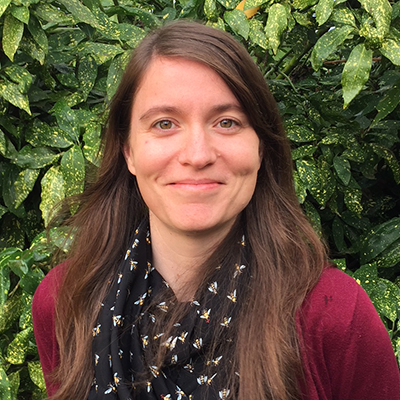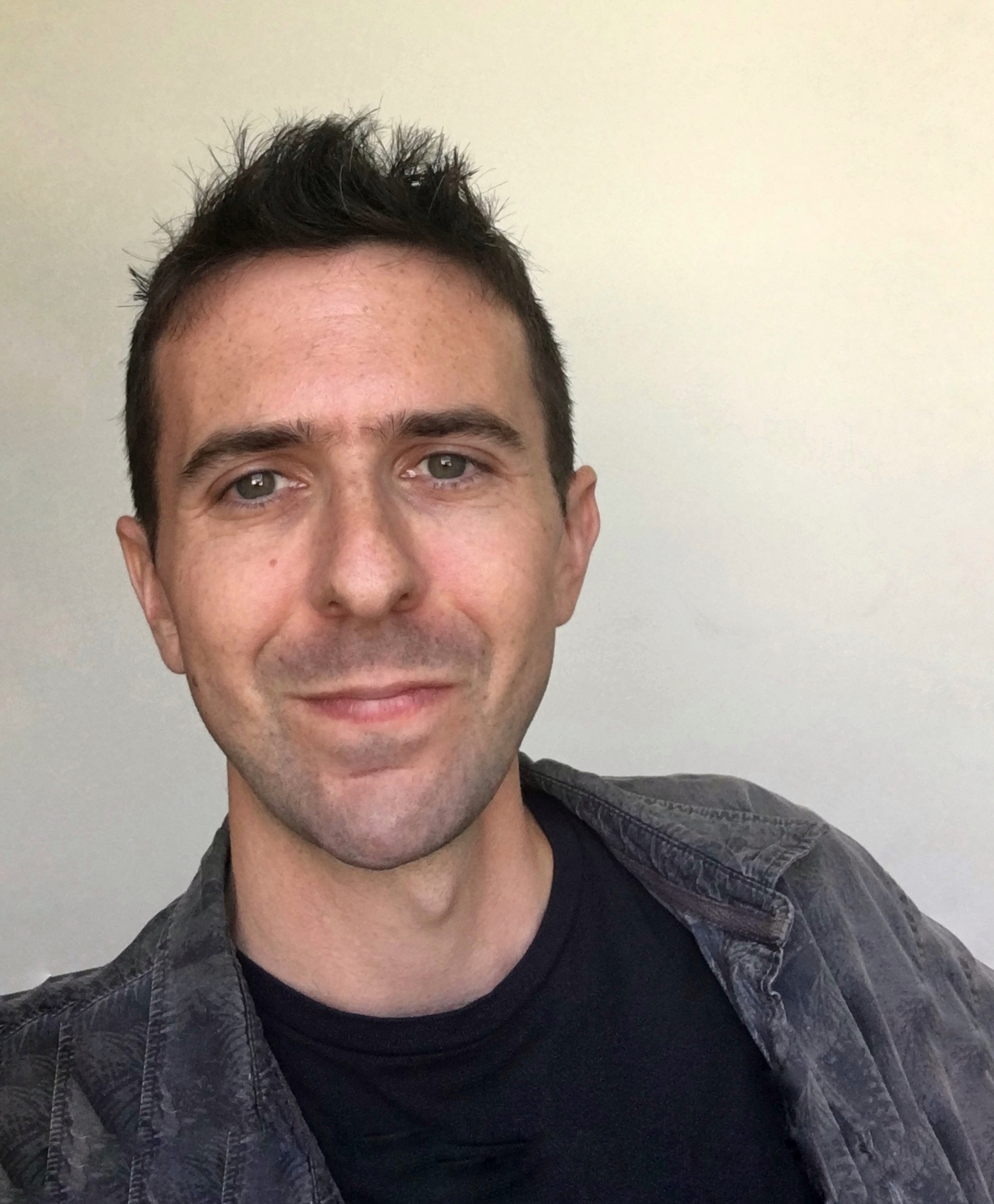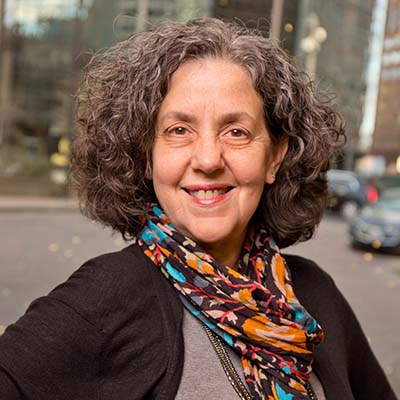
Refill, Return, Reimagine: Innovative Solutions to Reduce Wasteful Packaging
Single-use plastic packaging is so common in our everyday lives that a future without it might seem a long way off. But examples of what that future might look like are already here.
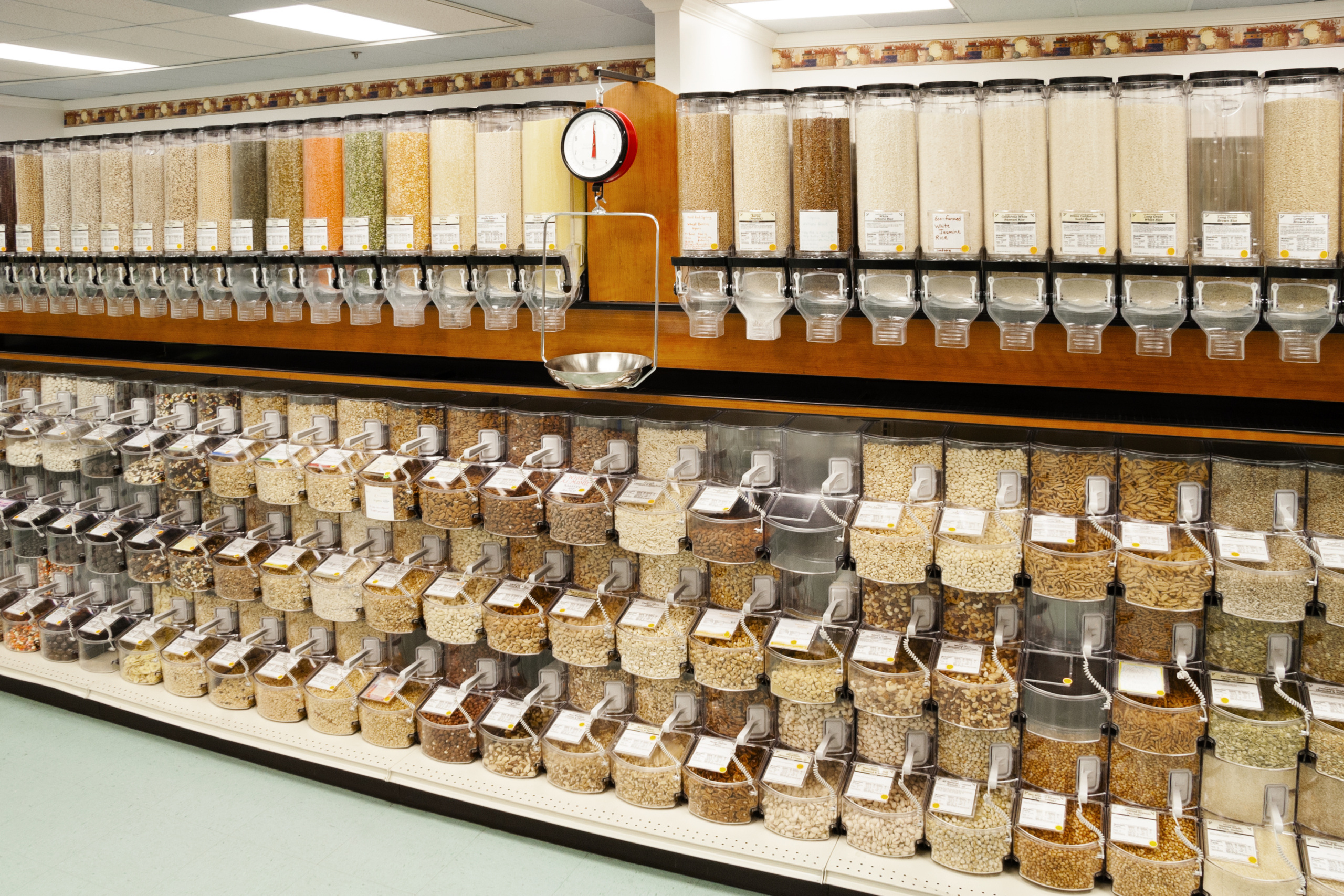
Download the full report
The world has a plastics problem – and it’s getting worse.
Over the last two decades, plastics production worldwide has doubled, and this upward trend shows no signs of abating. The United Nations Environment Program (UNEP) estimates that 460 million tons of plastic are being produced globally every year and predicts that, should current trends be allowed to continue, by 2060 this figure will have tripled.
By far the largest single contributor to the plastic waste that ends up polluting our environment is packaging. Roughly 36% of all global plastic production is for packaging, and around half of all plastic produced today is destined specifically for single-use products, including packaging widely used in the restaurant and takeout industry, such as food and beverage containers.
Single-use plastic packaging is so common in our everyday lives that a future without it might seem a long way off. But examples of what that future might look like are already here. A generation of new businesses in the retail and food service industries are working to tackle the root causes of plastic waste by creating business models that minimize the use of single-use plastic packaging or eliminate it altogether.
These new models include:
- Refill stores: Generally stocking foods and/or household and personal care products, refill stores – sometimes known as “refilleries” – allow customers to fill their own containers with as much or as little of a product as they need and pay for it by quantity, eliminating the need for plastic packaging and the waste it creates. Online directories indicate there are currently at least 600 refill stores and mobile delivery services across all but three U.S. states.
- Returnable packaging: Containers designed to be sent back to the retailer or manufacturer after use to be cleaned, refilled and used again have been employed by bars (beer kegs), business-to-business transport (pallets, crates) and other sectors for years. Now a new generation of businesses, in particular in the restaurant and takeout industry, are adapting this idea as a means of replacing single-use containers. Examples include DeliverZero, which supplies returnable takeout packaging to 150-plus restaurants in the New York City area, and the “OZZI” machines, dispensing returnable food containers, that have become an increasingly common sight in college and university cafeterias and other dining service areas over recent years.
- Products without plastic: While many companies are developing ways of cutting down on their plastics use by cutting down on packaging, others are asking: Instead of rethinking the packaging, why not rethink the product itself? Though they’re still a relative rarity in mainstream stores, solid versions of traditionally liquid products – particularly cosmetics and toiletries, such as shampoo bars – are becoming increasingly easy to find, with hundreds of options produced by a growing range of companies, from individuals and startups selling (often homemade) products via e-commerce platforms to major brands like Lush cosmetics, which now has almost a thousand stores across the world.
Taking these waste-reducing business models to scale will require smart policy designed to create an environment in which businesses free of single-use plastic are able to compete effectively with traditional forms of retail and food service. This means measures to hold all companies accountable for the waste they produce, coupled with incentives and support to help sustainable businesses overcome the barriers that currently put them at a disadvantage compared with less environmentally responsible businesses.
To encourage these sustainable business models, governments should:
- Enact bans on single-use plastics: Federal, state and local governments should enact laws that will directly limit plastics use, including banning disposable plastic packaging and utensils and requiring that only durable foodware be used in dine-in restaurants.
- Create producer responsibility programs: Companies must be required to take responsibility for the waste they create. Producer responsibility laws create a system of accountability for producers, disincentivize companies from producing plastic packaging in the first place, and incentivize a switch to reusable packaging.
Policymakers must also enact specific measures to facilitate low- and zero- plastic modes of retail, including bulk stores, refilleries and returnable packaging services. Specifically, governments at all levels should:
- Provide financial support in the form of grants, rebates and tax incentives to businesses seeking to develop and implement low- or zero-plastic business models, taking into account the different needs of retail startups and the restaurant industry. Businesses in both sectors often require substantial initial investment, even as they reduce environmental costs and lessen the financial burden on cities and states for waste disposal. States and the federal government should provide grants to help cover initial costs and overhead to enable these businesses to compete effectively with companies engaged in unsustainable practices.
Amend health regulations regarding bulk foods and bulk retail stores. Governments should modify restrictions that may make retailers wary of implementing in-store open containers and dispensers and develop clearly defined universal standards on sanitation, cross contamination, and monitoring tailored specifically for bulk sections and refilleries, as well as standards that enable restaurants to provide reusable containers and/or allow customers to bring their own containers (coffee mugs, takeout containers and so on).
Topics
Authors
Janet Domenitz
Executive Director, MASSPIRG
Janet has been the executive director of MASSPIRG since 1990 and directs programs on consumer protection, zero waste, health and safety, public transportation, and voter participation. Janet has co-founded or led coalitions, including Earth Day Greater Boston, Campaign to Update the Bottle Bill and the Election Modernization Coalition. On behalf of MASSPIRG, Janet was one of the founding members of Transportation for Massachusetts (T4MA), a statewide coalition of organizations advocating investment in mass transit to curb climate change, improve public health and address equity. Janet serves as Chair of the Board of Directors for the Consumer Federation of America and serves on the Common Cause Massachusetts executive committee, Alliance for a Healthy Tomorrow board of directors, and Department of Environmental Protection Solid Waste Advisory Committee. For her work, Janet has received Common Cause’s John Gardner Award and Salem State University’s Friend of the Earth Award. Janet lives in Cambridge, Massachusetts, with her husband and two sons, and every Wednesday morning she slow-runs the steps at Harvard Stadium with the November Project.
Celeste Meiffren-Swango
State Director, Environment Oregon
As director of Environment Oregon, Celeste develops and runs campaigns to win real results for Oregon's environment. She has worked on issues ranging from preventing plastic pollution, stopping global warming, defending clean water, and protecting our beautiful places. Celeste's organizing has helped to reduce kids' exposure to lead in drinking water at childcare facilities in Oregon, encourage transportation electrification, ban single-use plastic grocery bags, defend our bedrock environmental laws and more. She is also the author of the children's book, Myrtle the Turtle, empowering kids to prevent plastic pollution. Celeste lives in Portland, Ore., with her husband and two daughters, where they frequently enjoy the bounty of Oregon's natural beauty.
James Horrox
Policy Analyst, Frontier Group
James Horrox is a policy analyst at Frontier Group, based in Los Angeles. He holds a BA and PhD in politics and has taught at Manchester University, the University of Salford and the Open University in his native UK. He has worked as a freelance academic editor for more than a decade, and before joining Frontier Group in 2019 he spent two years as a prospect researcher in the Public Interest Network's LA office. His writing has been published in various media outlets, books, journals and reference works.
Find Out More
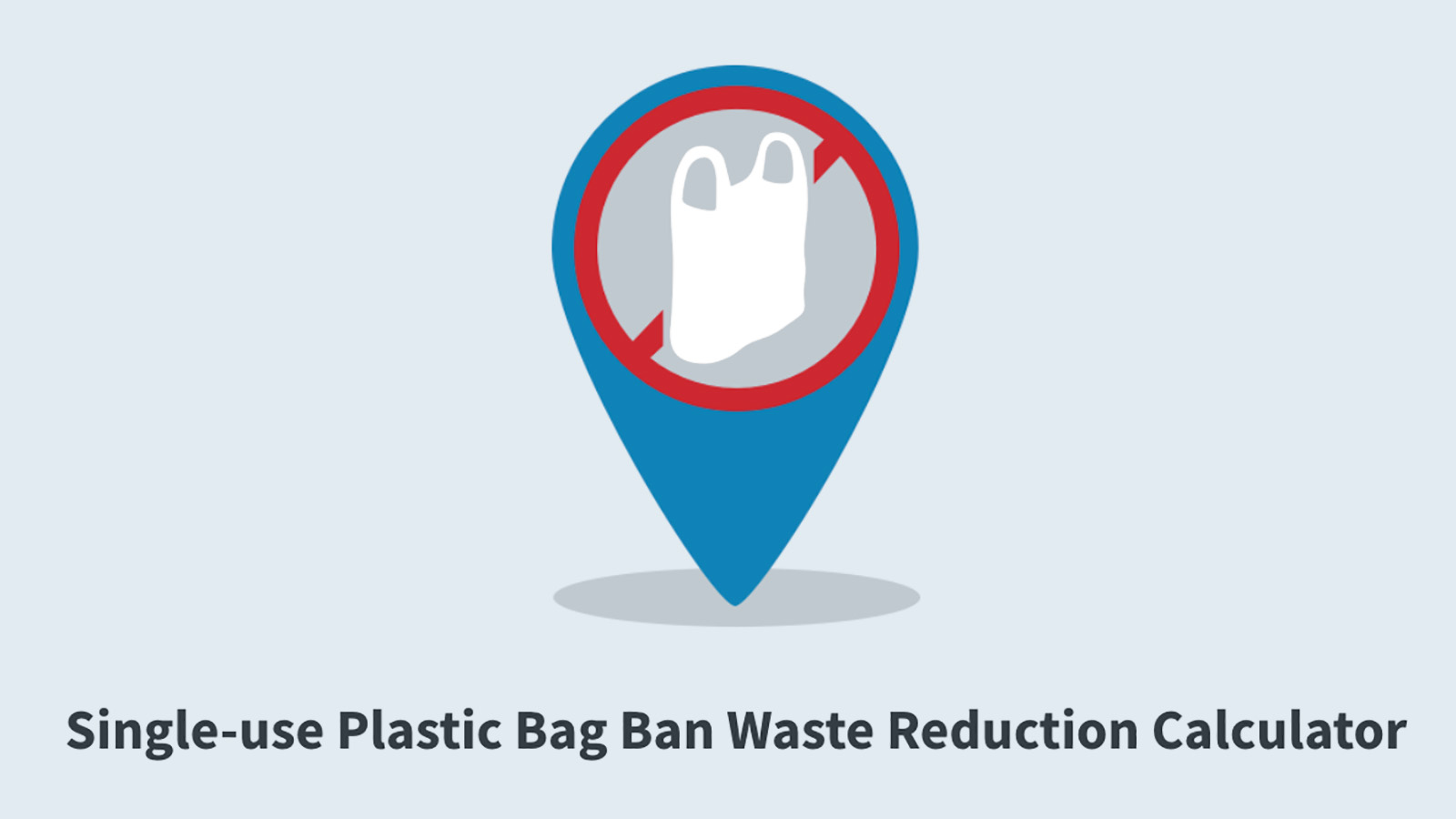
Plastic bag bans work
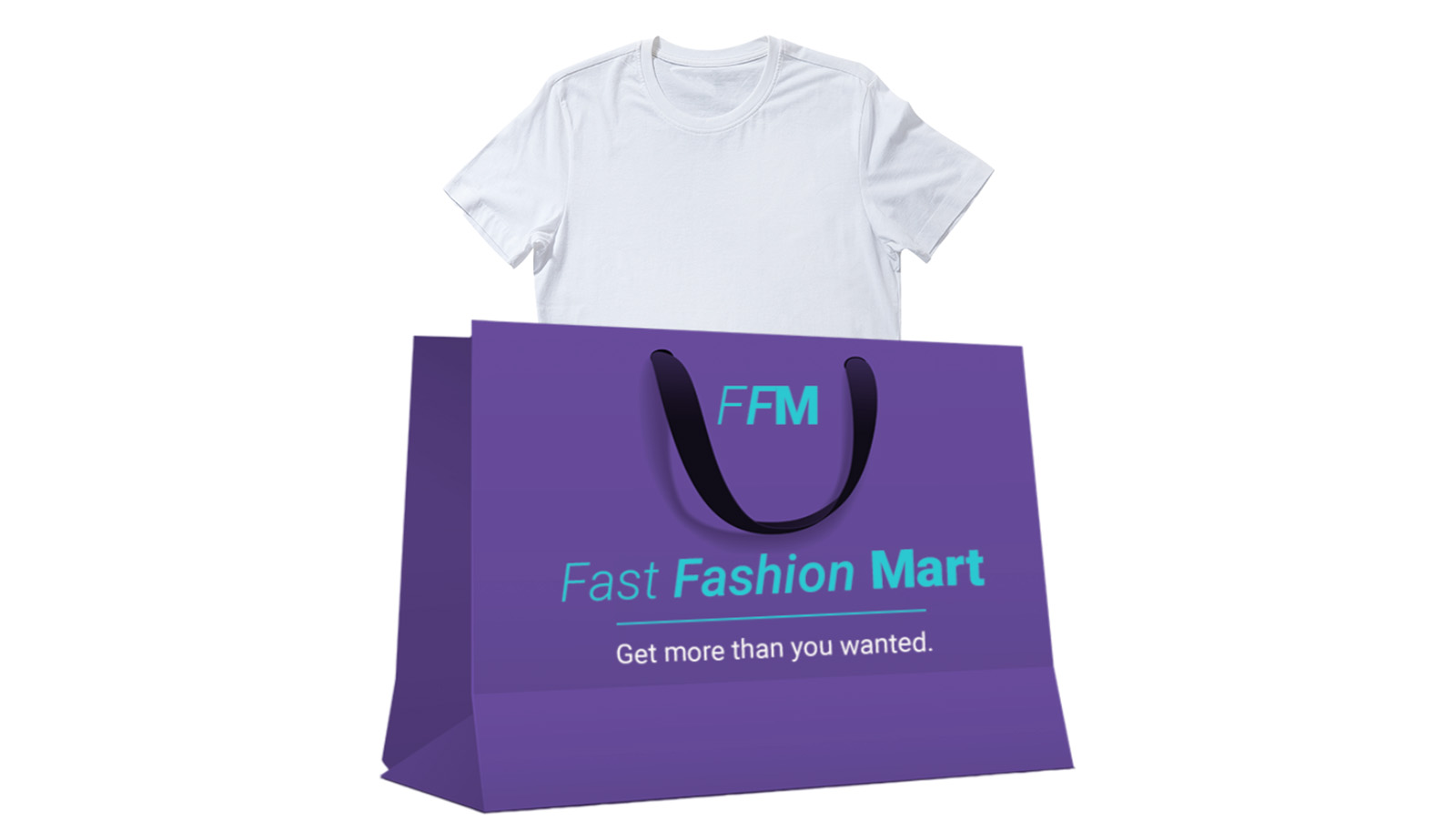
The high cost of fast fashion
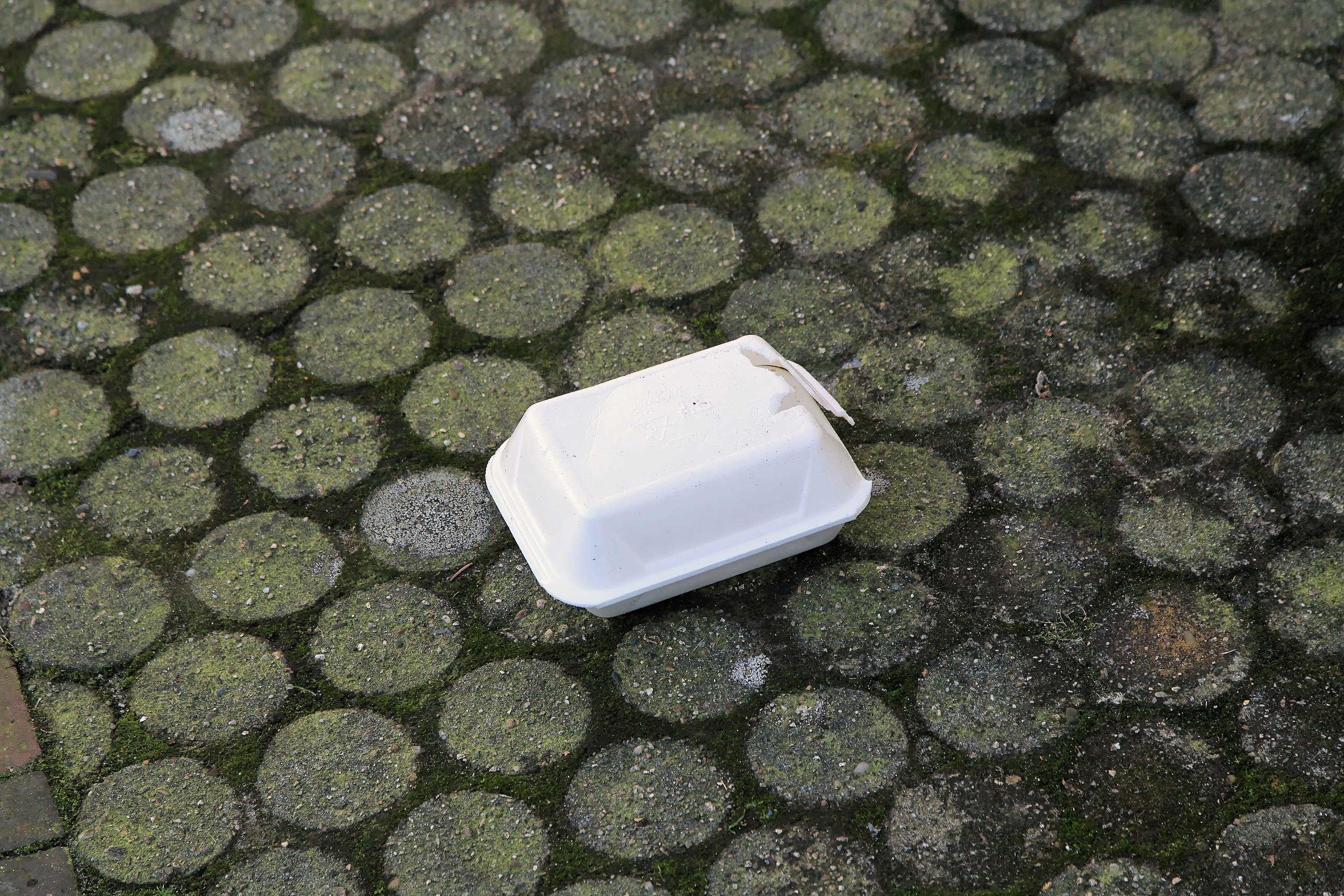
Fact file: Polystyrene foam bans reduce litter and protect wildlife


